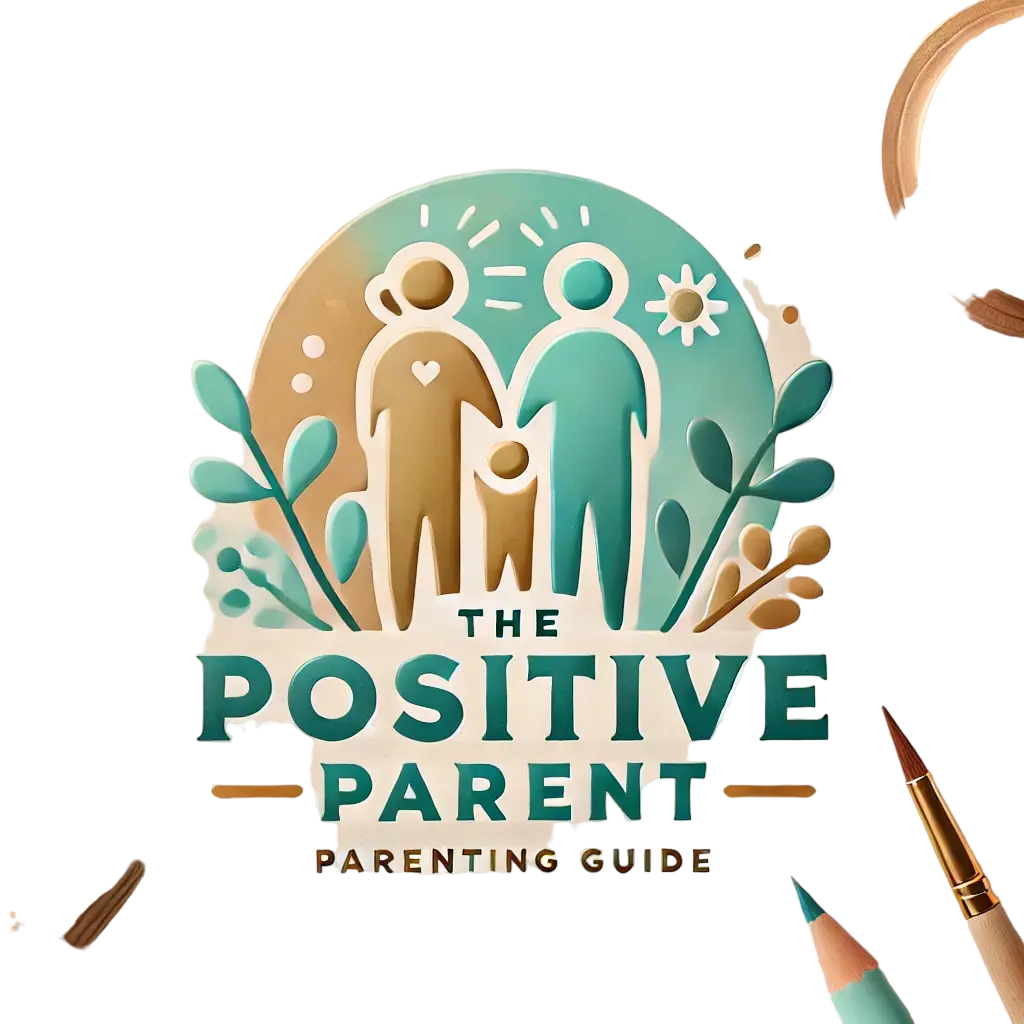Psychologists Say Parents Who Maintain a Healthy Relationship With Their Adult Children Do These 8 Things
Category
Categories

Psychologists Highlight 8 Key Strategies for Parents to Foster Healthy Relationships with Adult Children
It can be a daunting prospect to think about your children growing up and becoming independent adults, especially when they are still young. However, as they mature, maintaining relationships with adult children can pose challenges, given the unique dynamic between parents and their grown-up offspring. Providing adult children with more autonomy and freedom becomes essential as they reach adulthood.
Maintaining Strong Bonds with Adult Children
We all aspire to cultivate enduring and affectionate relationships with our adult children. Yet, this endeavor demands a distinct level of dedication and commitment. To shed light on the shifting parent-adult child dynamics, we sought insights from various therapists, who shared practical advice on nurturing resilient connections through the years.
Changes in Parenting Dynamics When Children Reach Adulthood
One significant change that occurs as your children grow into adults is the notable shift in power dynamics. Previously, parents had the final say in their child’s life decisions and choices, but this authority diminishes once children reach adulthood. This transition can be challenging and unfamiliar for many parents.
According to relationship therapist Jordanne Sculler, LMHC, based in New York, “When a child is young, it is the adult’s responsibility to keep them safe and foster growth.” Parents are tasked with setting boundaries, enforcing rules, and maintaining firm limits. As the relationship evolves into an adult-to-adult dynamic, parents must relinquish control and show respect for their child’s independence. This often involves allowing your child to make their own decisions—regardless of whether you agree with them or not.
Jordanne Sculler, LMHC
Transitioning into an adult-to-adult relationship requires parents to relinquish control and respect their child’s independence.
In adult child-parent relationships, significant challenges often arise when parents struggle to refrain from giving unsolicited advice or fail to see their child as an autonomous individual, according to Sculler. However, it is crucial to acknowledge that there are times when the child still needs their parents’ guidance.
Sculler also notes that adults may find themselves needing their parents and seeking comfort in reverting to their inner child occasionally. In such instances, it is essential for parents to provide the required love and support, emphasizing the importance of fulfilling the parental role when needed.
8 Tips for Sustaining a Healthy Relationship
To help you cultivate a robust and affectionate bond with your grown-up child, we consulted with four experts who shared their valuable advice. Here are the key strategies they recommend:
Practice active listening
To effectively communicate with adult children, it is important to engage in active listening. Dr. Karen Molano, a clinical psychologist and founder of LumiTot, emphasizes the need to truly listen before trying to provide solutions. She suggests acknowledging their emotions first by expressing empathy and asking open-ended questions like, “That sounds really challenging. How are you feeling about it?” This approach not only validates their experiences but also helps them process emotions in a healthy manner.
According to Dr. Molano, this method not only validates their experiences but also strengthens their emotional resilience, which is essential for raising emotionally intelligent children.
Establishing New Boundaries
When it comes to parent-child adult relationships, it is essential to update the rules and boundaries in place. According to Geena Lovallo LMFT, a clinician at Mountainside Treatment Center, a refresh is needed in this area.
Lovallo recommends a collaborative approach where both parties sit down together to determine the boundaries and needs of each as they navigate this new phase of their relationship. These boundaries can range from the frequency of communication to the topics that are suitable or not suitable for discussion. It is important to listen and respect your adult child’s boundaries.
Encourage mutual maintenance of the relationship
When it comes to phone calls and communication, at this stage, you can adopt a more mature approach to nurturing the relationship with your child, as suggested by Lovallo. It’s crucial to promote mutual respect and emphasize that both parties share the responsibility of upkeeping the relationship.
Lovallo points out, “Now that both individuals are adults, it is expected that both parties make an effort to stay connected. The onus is no longer solely on the parents.” This may be challenging, especially if you feel that your child is not putting in enough effort, but it’s important to recognize that as an adult, they also need to play a role in sustaining the relationship with you.
Respect their autonomy while staying emotionally available
Occasionally, parents may lean towards a hands-off approach in an attempt to respect their adult child’s autonomy. However, it is essential to remember that your child may still need your support, possibly more than they are willing to express.
To strike a balance, Molano advises parents to remain emotionally available to their children without immediately offering advice. Instead of giving suggestions right away, Molano recommends asking if they would like your input or just need someone to talk to. This subtle shift helps encourage independence while maintaining an open and respectful relationship with your child.
Create Fresh Customs
As your child transitions into adulthood, the way you engage with each other will change. Since they may not live with you full-time anymore, spending quality time together will require deliberate effort. Additionally, the activities you once enjoyed together, such as family vacations, may shift to more regular interactions like family dinners.
According to Sculler, it is advisable to brainstorm and establish some unique traditions that can enhance your bond and ensure its longevity and significance. “As your child matures, your shared moments should adapt,” she notes. “Whether it’s a weekly catch-up call, a mutual interest, or an annual getaway, discovering fresh ways to connect will nurture your relationship.”
Respect your child’s choices
It can be challenging to accept your child’s decisions, especially when they are young adults and make choices that seem unwise. April Crowe, LCSW and LICSW, a therapist at Paramount Wellness Retreat, highlights that parents may struggle with this adjustment as they are accustomed to being in control. However, it is essential to refrain from interfering once your child reaches adulthood.
During this phase, it is crucial to honor their autonomy as a parent. Instead of imposing your opinions, it is beneficial to ask for permission before offering advice. When you observe your child making questionable decisions, inquire if they want your input before providing feedback. Surprisingly, most adult children still value and appreciate their parent’s guidance.
Don’t feel offended if they don’t always keep in touch
As your children grow into adults, they may not always be in constant communication with you. There might be extended periods where they do not reach out. It’s important not to take this personally, according to Crowe.
“Adult children lead busy lives, so don’t be offended if they don’t always check-in,” she advises. A simple message like ‘Thinking of you! I hope you are having a great week’ can make a significant impact.” Crowe recommends letting the communication flow naturally instead of forcing it. Find ways to connect with your child that feel comfortable for both of you, whether it’s meeting for coffee, planning a trip together, or exchanging a funny meme occasionally.
Meet Your Child as They Are
One of the most challenging aspects is letting go of our preconceived ideas about our children and accepting them for who they truly are. They may have chosen a different path in terms of career, location, or values than what we had anticipated. It is crucial to show love by embracing their individuality and choices as adults. According to Sculler, providing guidance and security while respecting their independence and growth is vital. Instead of projecting our desires onto them, the focus should be on accepting them as they are.
Key Takeaway
As parents of adult children, navigating changing power dynamics can be challenging. Finding a balance between involvement and respect for their boundaries is essential. The key to maintaining a close bond with your grown child is to honor their independence while seeking new ways to stay connected, offer support, and express affection.



